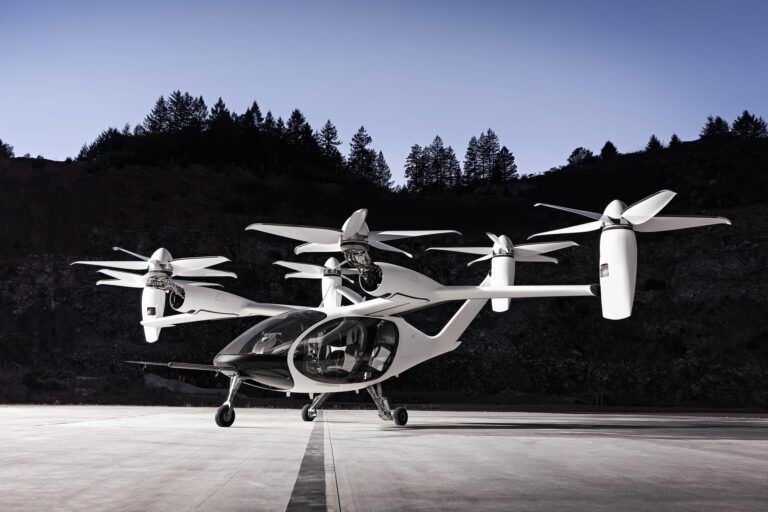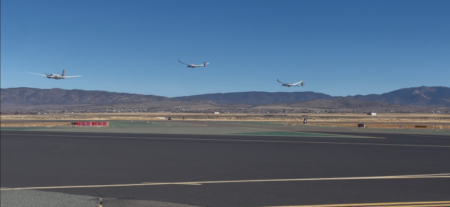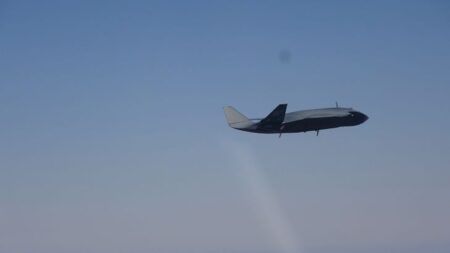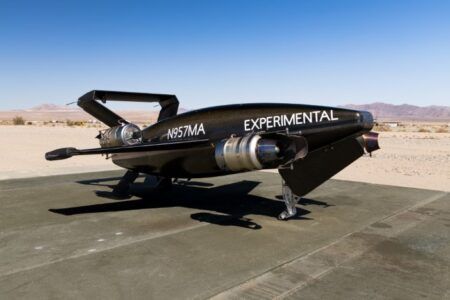eVTOL developer Joby Aviation does not expect to launch a commercial passenger service with its aircraft until 2025.
The year-long delay was announced by the California, USA-based company’s CEO and founder JoeBen Bevirt during an earnings call to investors this week.
Despite progress on the development and testing of its piloted, four-passenger eVTOL aircraft that Bevrit described as “thrilling”, certification progress had been stymied by changes in the way the FAA plans to certify eVTOL aircraft, he said.
In May the US aviation regulator decided that instead of certifying eVTOL aircraft under standard regulations for small aircraft, the aircraft would be certified under Part 21-17B, which requires special federal regulations (SFARs). The new FAA regulations are not expected by Joby to be ready until late 2024.
“We are in close contact with the FAA about the SFAR requirements,” Bevrit said. “We anticipate starting commercial passenger services in 2025, following the publication of final SFAR regulations by the FAA in late 2024, and are striving to complete type certification to this timeline.”
Bevrit also cited internal reasons for pushing back the entry into service, including finding appropriately skilled and experienced engineers.
“We still have gaps to fill – translating prototype design into certifiable parts – the learning curve on manufacturing processes has been steeper than anticipated. Certifying novel technologies is a complex process and we are under no illusion that these will not be the last challenges we face, but we have the right team going into a busy testing period,” Bevrit said. “We are working through the design to production growing pain that every manufacturer experiences.”
The company expects to have completed Stage 2 of its certification process, means of compliance, by the end of the year. The FAA has also accepted Joby’s first equipment-level qualification test plan recently.
“This was a really significant moment for us,” said Bevrit. “The plan covers the flight control computer and serves as a blueprint for all the other electronic componentry that will go through this process. The acceptance enables us to proceed with qualification testing.
“I am genuinely thrilled by the progress we are making and the momentum we have on certification. But I don’t want to understate the amount of work ahead of us and the impact of the changes made by the FAA earlier this year.”
Joby’s flight test campaign flew more in October than any previous month, and the aircraft has now flown more than 10,000 nautical miles.





